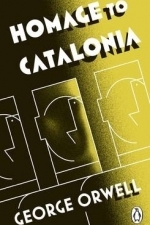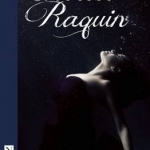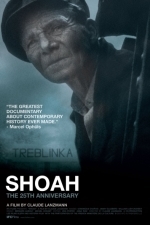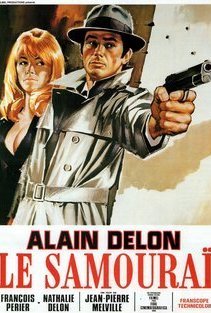William Finnegan recommended Homage to Catalonia in Books (curated)
Helen McCrory recommended Therese Raquin in Books (curated)
Richard Hell recommended Shoah (1985) in Movies (curated)
William Friedkin recommended Le samouraï (1967) in Movies (curated)
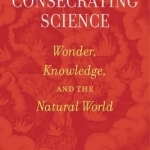
Consecrating Science: Wonder, Knowledge, and the Natural World
Book
Debunking myths behind what is known collectively as the new cosmology-a grand, overlapping set of...

Consider Phlebas
Book
The war raged across the galaxy. Billions had died, billions more were doomed. Moons, planets, the...
"The Culture"

Little Treehouse Nursery Rhymes and Kids Songs
YouTube Channel
Download our iOS app to enjoy a host of features including offline viewing:...
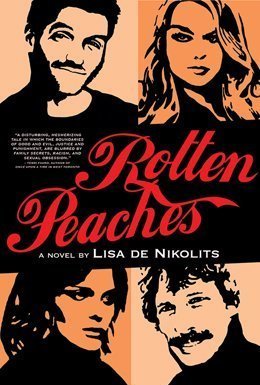
Rotten Peaches
Book
Rotten Peaches is a gripping epic filled with disturbing and unforgettable insights into the human...
Noir Suspense Thriller
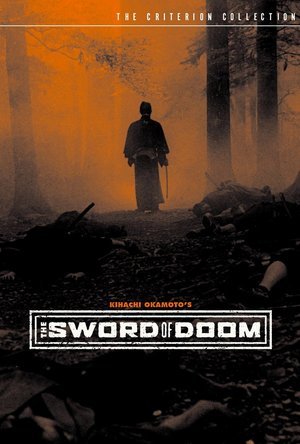
Sword of Doom (1966)
Movie
Merciless swordsman Ryunosuke Tsukue (Tatsuya Nakadai) is a government assassin in feudal Japan who...
SamuraiMovies
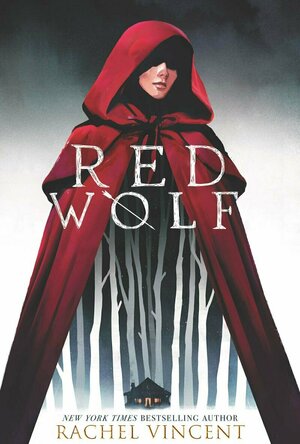
Red Wolf
Book
For as long as sixteen-year-old Adele can remember, the village of Oakvale has been surrounded by...
